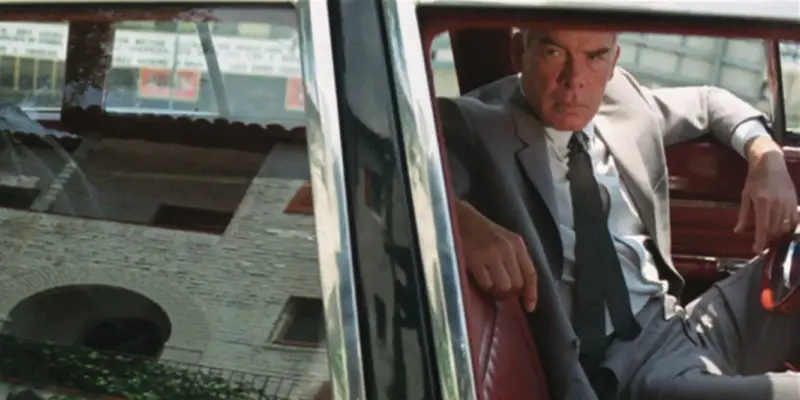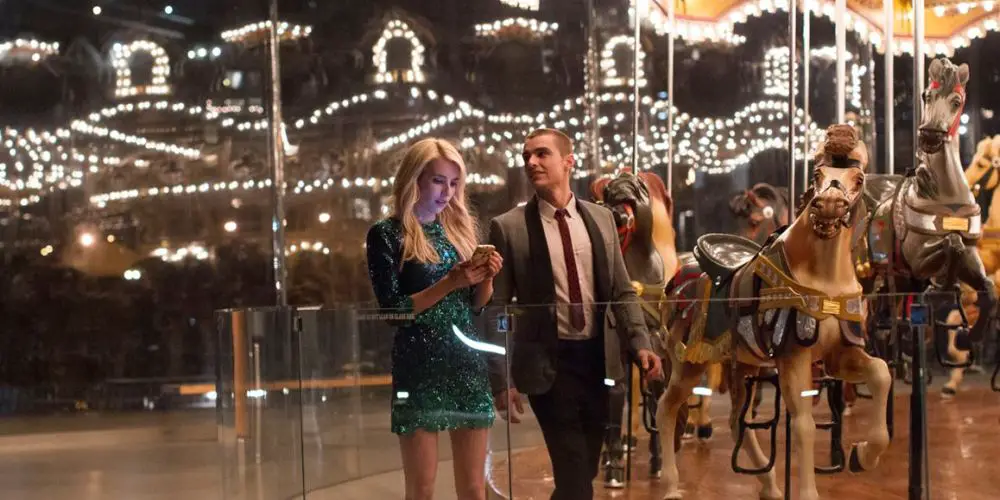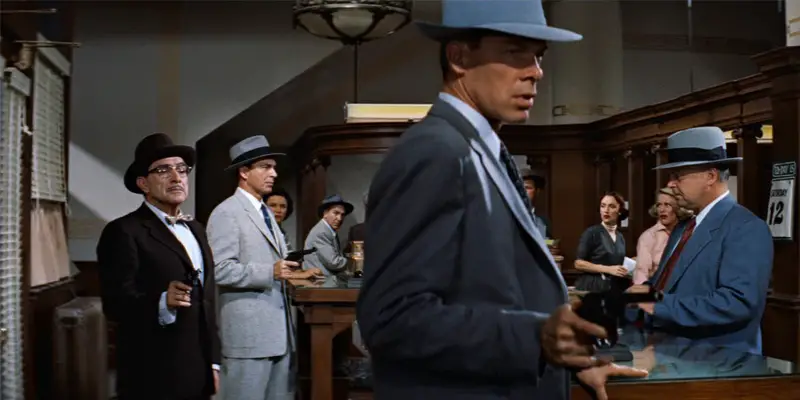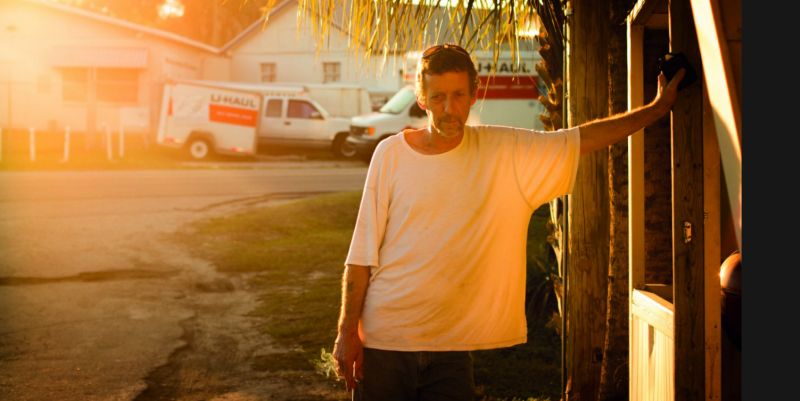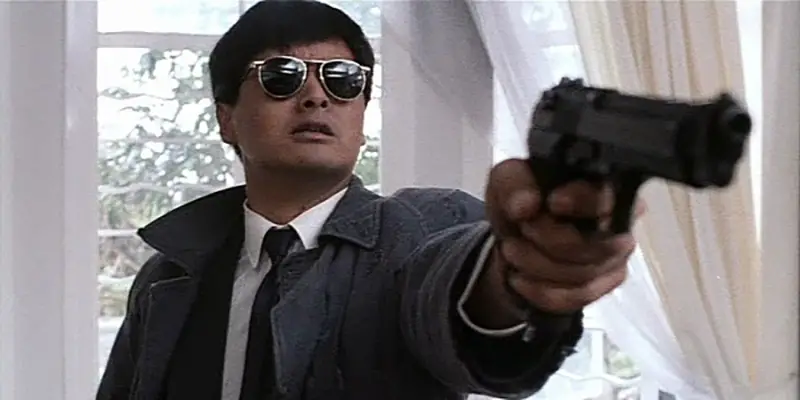crime
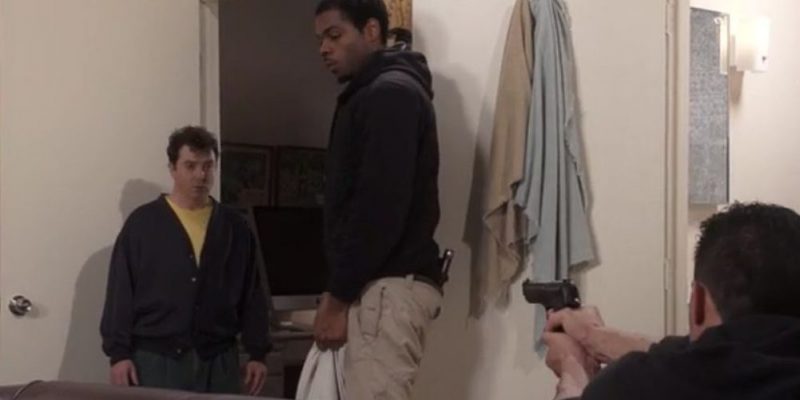
That’s Opportunity Knocking is a short comedy that starts off strong, panders down and then picks back up, written and directed by Charles Pelletier. Starring Satchel André and Moronai Kanekoa, the film recently won “Best Comedy Short” at LAIFFA. Pelletier clearly has a lot to say and harbors strong feelings about the 99% vs the 1%, which is how he opens his film and also is a theme that carries throughout.
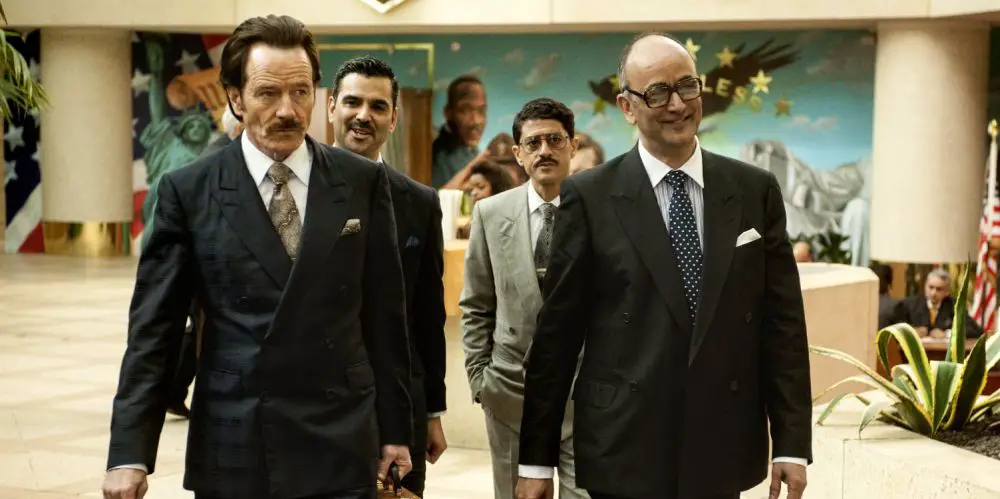
In recent years, the gangster film seems to be a stale genre, with a majority of the films lacking any distinctive qualities. Last year’s Black Mass is a prime example, with the only really memorable aspect of the film being Johnny Depp’s performance. Viewed against this backdrop, then, The Infiltrator just manages to stand out amongst modern films.
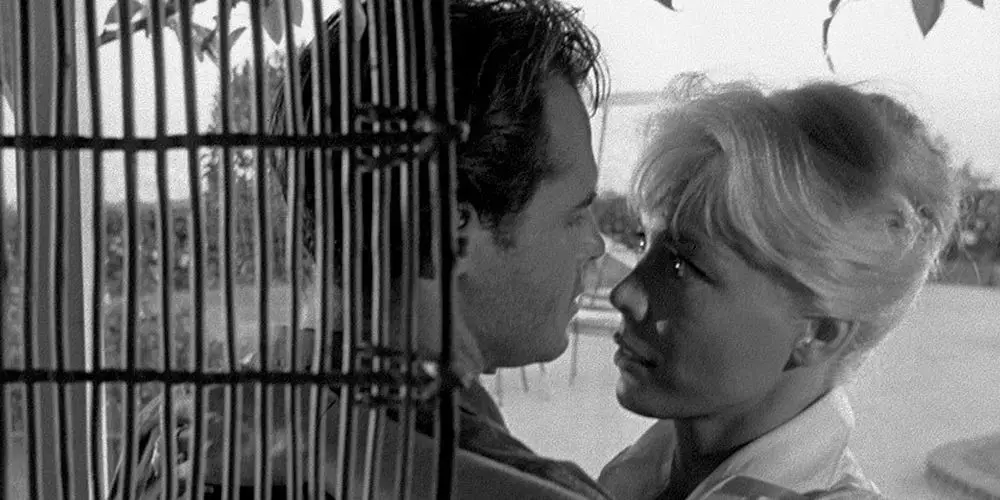
When it comes to cinema, it is truly the best and the worst of times. An unstable economy and the rampant rise of piracy have forced studios to rehash old films and hammer original ideas into the ground just to try and make money, with many mainstream movies now catering towards the profitable Chinese market to make those big bucks that the US haven’t been producing lately. Whilst it’s a dire situation, this new social media age has been a huge step forward in retaining and reviving film history.
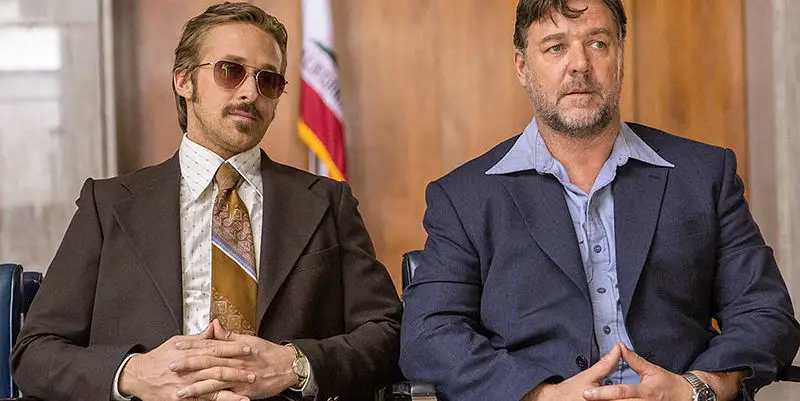
Shane Black’s The Nice Guys couldn’t come at a better time. Actually, strike that. If it had come out just a few months later after the slog of the summer movie season of blockbuster remakes, sequels, reboots, and rehashes had polluted our minds, then perhaps it would be received all the more with acclaim.
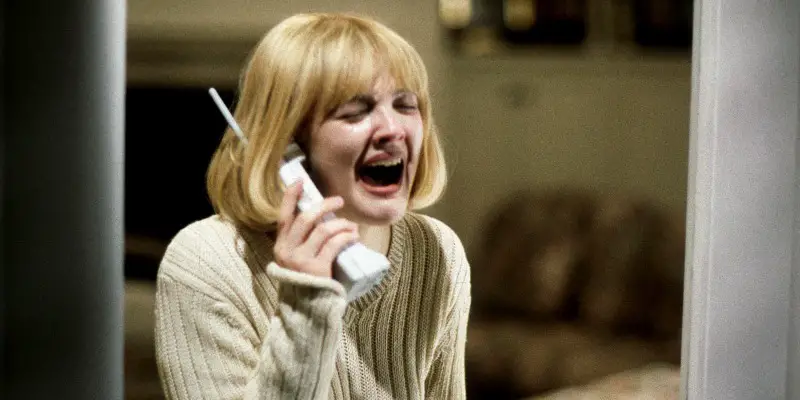
It may be fair to first point out that the question of this article has always been a conflicting issue that continuously floats around in the film industry. People often perceive the growing medium of cinema as a device for entertainment or as a brief, escapist distraction from society’s painful realities. This experience has impacted on how people think and behave within society, and Hollywood continue to question the extent to which films influence reality.
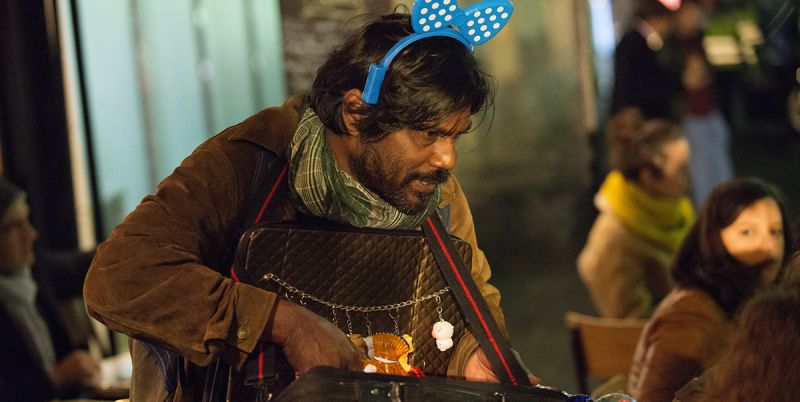
Even in world cinema, the stories we see on screen are largely those depicting the lives and crises of the most well-off members of each respective society – showing situations that still can largely be referred to as “first world problems” without a sense of ironic bite. It is why a film like Dheepan is so urgently needed in the current, self-centred socio-political climate. It firmly puts us in the shoes of characters whose stories are never told in cinema:
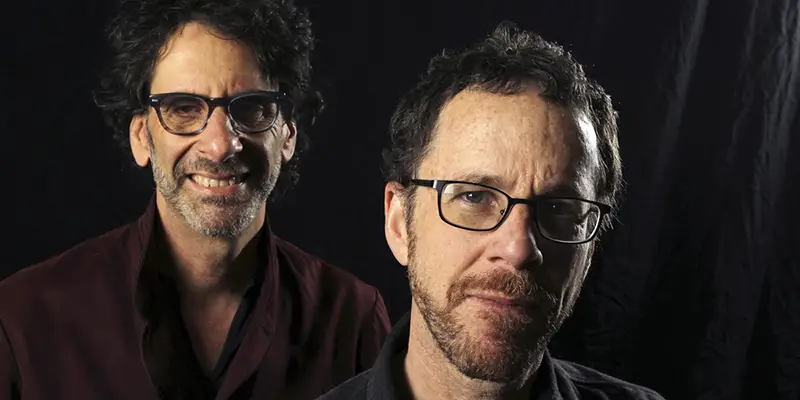
Since they first hit cinema screens in 1984, the Coen Brothers have had a firm grip on audiences and critics alike. Renowned for their idiosyncratic, high quality work, they have found themselves increasingly in demand with studios and actors, many of whom aim to make their next project a Coen Brothers film. They have written, directed and produced all of their own pictures, edited most of them, and have recently ventured into the ‘gun for hire’ realm of screenwriting, contributing to Steven Spielberg’s Bridge of Spies, Angelina Jolie’s Unbroken, Michael Hoffman’s Gambit, and George Clooney’s upcoming Suburbicon.
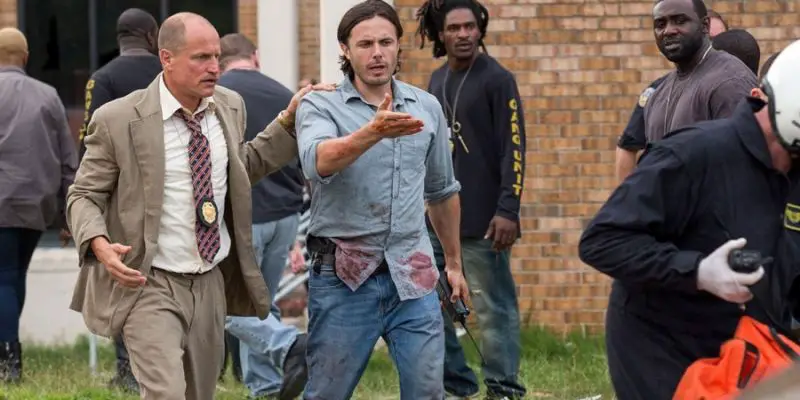
Even though he hails from a nation renowned for its take on exploitation cinema, director John Hillcoat has repeatedly proven himself to be far more interested with the archetypes of American genre films. His international breakthrough feature, 2006’s The Proposition, was the perfect marriage of the sensibilities of Ozploitation and the most hard-boiled Westerns; for a country with no major cinema heritage, it suggested Hillcoat was a director who could put his nation firmly on the world cinema map. Instead of continuing this distinctive subversion of genre with his subsequent films, Hillcoat has become increasingly formulaic.
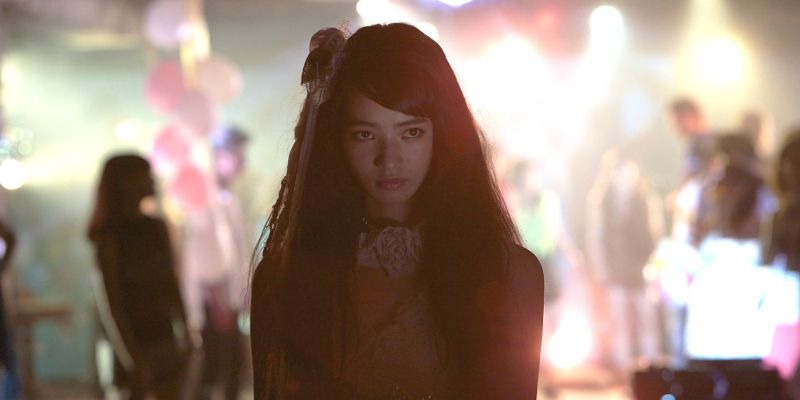
To try and properly describe The World of Kanako is quite a tough feat. So far I have a mix of the youth-filled slaughter of Battle Royale, the rapid-fire non-linear editing of John Boorman’s Point Blank, and the grittiness of Sam Peckinpah’s Bring Me the Head of Alfredo Garcia, smashed together in a blood soaked blender and left to sit in the sun. The World of Kanako is a brutal, convoluted and pop-culture infused neo-noir which punctures a bandage-wrapped fist in the face of decency in delivering its twisted story.


